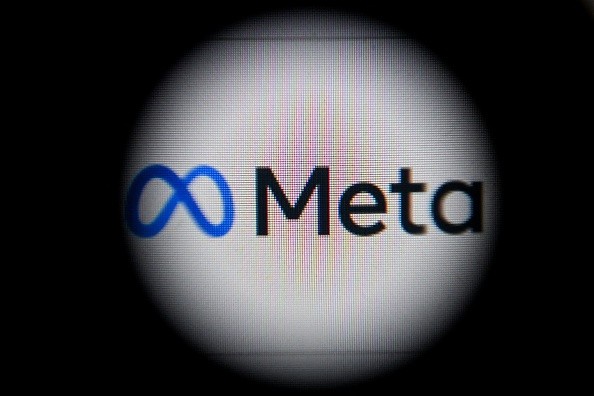Facebook's parent company Meta will start blocking advertisers from targeting its users through categories that the firm considers as sensitive, such as politics, health, religion, to name a few.

Meta to Block Ad-Targeting via Sensitive Categories
As per the report by New York Times, the latest move of Meta will take effect on Jan. 19, 2022, which will remove sensitive category options for ad buys, including sexual orientation, ethnicity, race, among other topics spanning thousands.
The ban on these categories will not only take effect on Facebook. It will also apply to other platforms under the umbrella of the social media company, Meta, namely Messenger and Instagram.
On top of that, the latest move would also take effect on the Audience Network of Meta, which allows advertisers to also place ads even in third-party apps.
It is to note that Meta also owns another messaging app, WhatsApp, but it is not included in the latest move of the firm.
Meta's Sensitive Categories
According to the news story by Axios, the ban will refrain ad buyers from choosing to target users through their sexual orientation.
For instance, there will no longer be an option to target ads specifically going for the terms "LGBT culture" and even "same-sex marriage."
What's more, the ban also extends to religions. That said, ads could no longer target keywords like "Jewish" and "Catholic Church."
On top of that, the ad-targeting ban also prohibits health causes, which included chemotherapy or even breast cancer awareness.
Meta's Ad-Targeting Limit: Here's Why
It is not the first time that Facebook, which is now called Meta, started limiting the ad targeting feature for its social media platform.
In fact, Facebook started blocking ad-targeting for its users who are still under the age of 18.
This time around, Meta is expanding the limit in ad targeting, which its vice president for product marketing for Ads, Graham Mudd, said should address abuse of the said feature.
The Meta VP further explained in a blog post that "we've heard concerns from experts that targeting options like these could be used in ways that lead to negative experiences for people in underrepresented groups."
Thus, the latest move of the social media firm seeks to address the abusive behaviors of some ad buyers using the technology of Facebook and its other social media platforms.
Meta Ad-Targeting Ban and Small Groups
Mudd also addressed the concerns of some non-profit organizations, small businesses, and even advocacy groups.
It is to note that these groups would likely be highly affected by the changes in Meta as they highly rely on ad-targeting to reach their specific type of audience.
Nevertheless, the Meta VP suggested these groups use geographics targeting or "lookalike" audiences instead. The latter will target audiences that could likely have the same interests as those who are in the banned targeting category.
Elsewhere, Meta recently also removed Facebook's face recognition tech as part of its restructuring.
Related Article : Meta Facebook App Down But Says Service is Back Now-What Happened to Messenger, Instagram?
This article is owned by Tech Times
Written by Teejay Boris
ⓒ 2026 TECHTIMES.com All rights reserved. Do not reproduce without permission.




